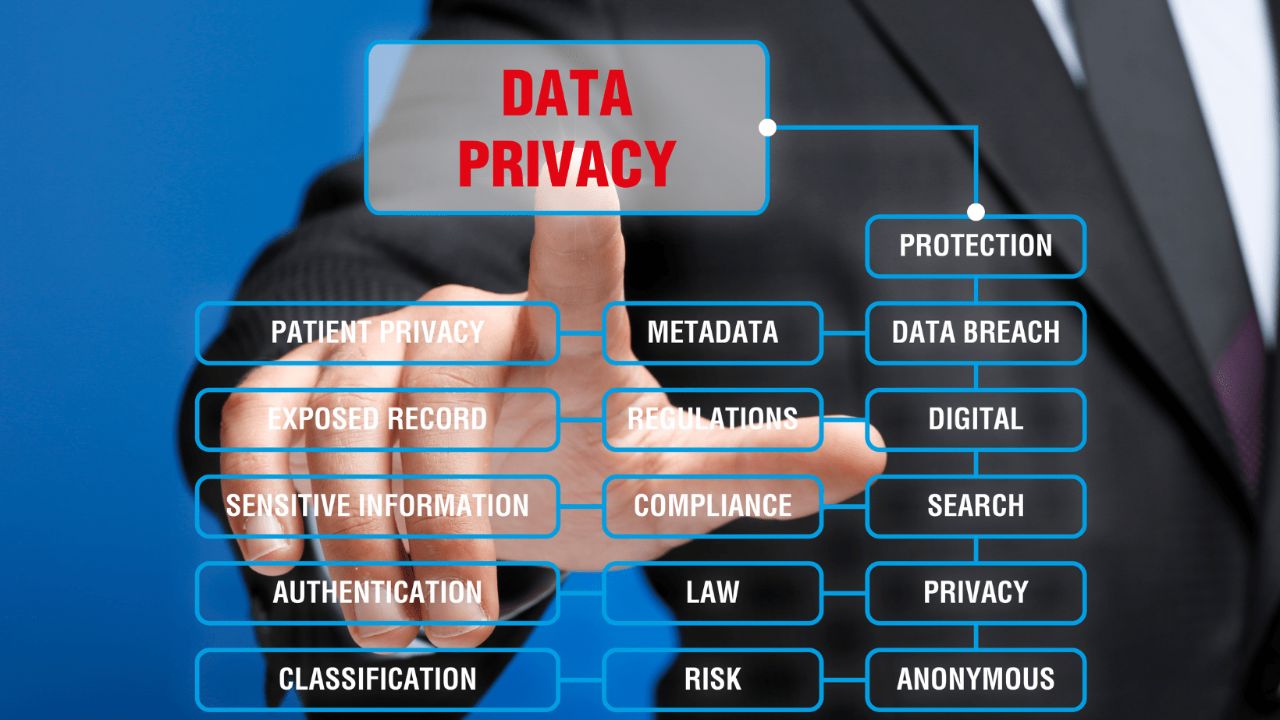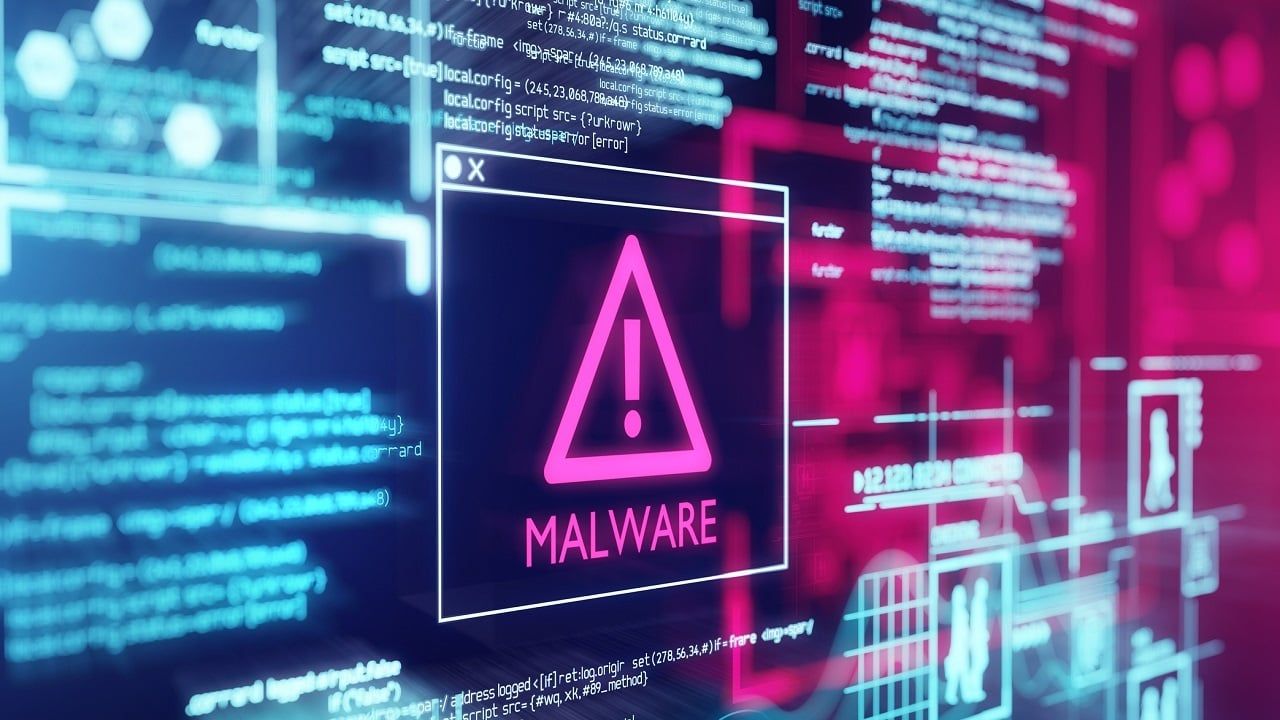In the field of financial technology (fintech), portable bill counter systems have emerged as innovative tools that streamline currency processing for businesses. These devices, designed to enhance efficiency and accuracy in cash management, have become integral components for various sectors, including retail, banking, and cash-intensive businesses. However, the integration of portable bil counters into financial ecosystems brings significant cybersecurity challenges, demanding robust protective measures to safeguard sensitive financial information.
Data Privacy Concerns

One of the primary cybersecurity challenges in portable bill counter systems lies in the realm of data privacy. These devices handle vast amounts of financial data, including transaction details and customer information. Any breach in the security of these systems could lead to severe consequences, such as identity theft, financial fraud, and reputational damage for both businesses and customers.
To mitigate these concerns, encryption protocols must be implemented to secure data both in transit and at rest. Strong authentication mechanisms and access controls are essential to ensure that only authorized personnel can access the sensitive financial information processed by these systems.
Remote Access Vulnerabilities
Portable bill counter systems often feature remote access capabilities, allowing users to monitor and manage transactions from different locations. While this feature enhances flexibility, it also introduces vulnerabilities that malicious actors may exploit. Unauthorized access to the system can lead to unauthorized transactions, data manipulation, or even a complete compromise of the device.
To address this challenge, manufacturers and users alike must prioritize secure remote access protocols, such as virtual private networks (VPNs) and multi-factor authentication (MFA). Regular security audits and firmware updates can help identify and patch potential vulnerabilities, ensuring the ongoing resilience of these systems against emerging threats.
Malware and Ransomware Threats

As with any internet-connected device, portable bill counter systems are susceptible to malware and ransomware attacks. Malicious software can be injected into the system, compromising its integrity and potentially leading to the loss or theft of sensitive financial data. Ransomware attacks, on the other hand, can cripple operations by encrypting data and demanding a ransom for its release.
To counter these threats, robust antivirus software and intrusion detection systems should be integrated into the portable bill counter systems. Regular employee training on recognizing phishing attempts and practicing safe online behavior is crucial to prevent inadvertent installations of malware.
Supply Chain Risks
The interconnected nature of the global supply chain introduces another layer of cybersecurity challenges for portable bill counter systems. Malicious actors may exploit vulnerabilities in the supply chain, injecting compromised hardware or software into the manufacturing process. This can lead to the distribution of compromised devices that are preloaded with backdoors or other exploitable weaknesses.
To mitigate supply chain risks, manufacturers should implement stringent vetting processes for suppliers and partners. Additionally, the use of tamper-evident packaging and secure boot processes can help ensure the integrity of the portable bill counter systems throughout their lifecycle.
While portable bill counter systems offer tremendous benefits in terms of efficiency and accuracy in cash management, their integration into fintech ecosystems demands vigilant attention to cybersecurity. Addressing data privacy concerns, securing remote access, defending against malware and ransomware threats, and mitigating supply chain risks are essential steps in safeguarding these innovative devices. As fintech continues to evolve, the collaboration between manufacturers, businesses, and cybersecurity experts becomes paramount to stay one step ahead of the ever-adapting threat landscape and ensure the continued trust of consumers in financial technology innovations.